Our partner organisations and academic partners
The New Economy Forum is supported by a high-level group of academic partners, including Nobel laureates. It works with a network of leading institutions, including the OECD, DIW Berlin, the Institute for New Economic Thinking, the European Climate Foundation, and the OFCE in Paris.
ACADEMIC PARTNERS
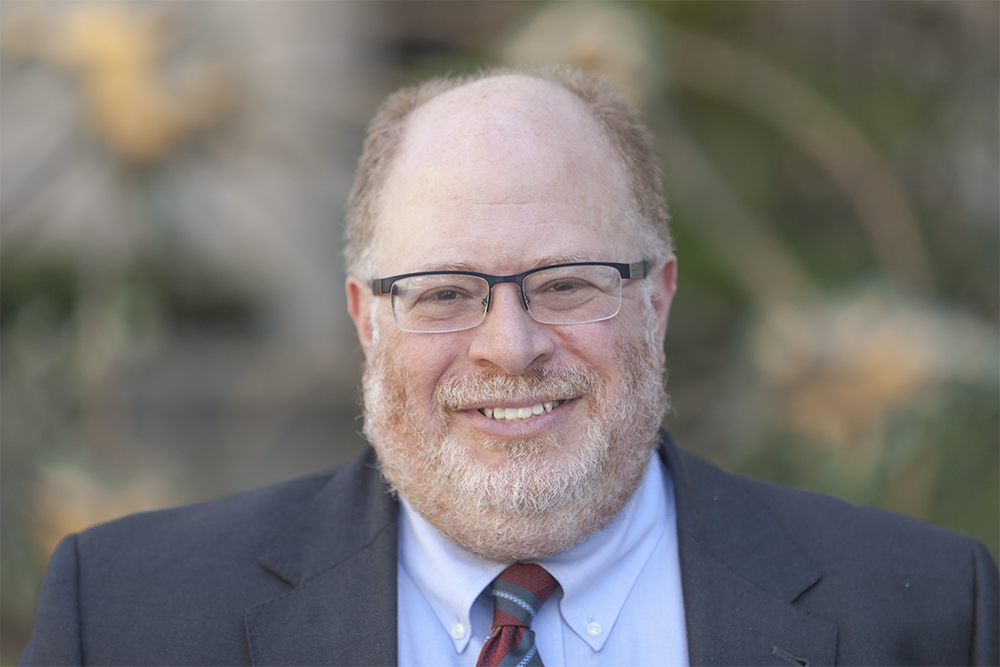
Adam Posen
Peterson Institute for International Economics

Carlota Perez
SPRU, University of Sussex; IIPP, University of London
OTHER PARTNERS
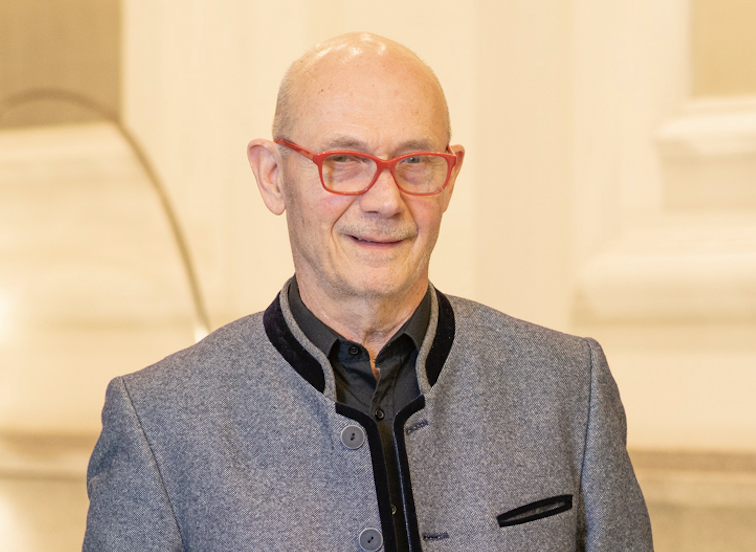
Pascal Lamy
Emeritierter Präsident des Jacques Delors Instituts, ehemaliger Generaldirektor der Welthandelsorganisation
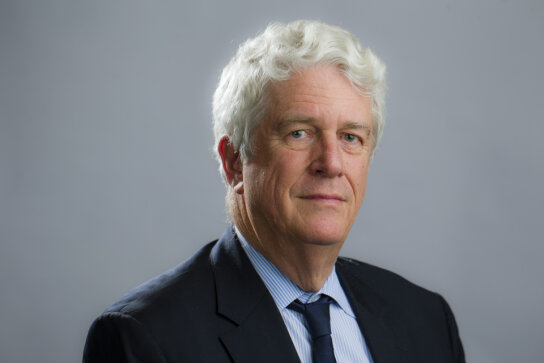
Caio Koch-Weser
Chair of the Advisory Council of the European Climate Foundation, former Vice Chairman of Deutsche Bank Group and former State Secretary of Finance
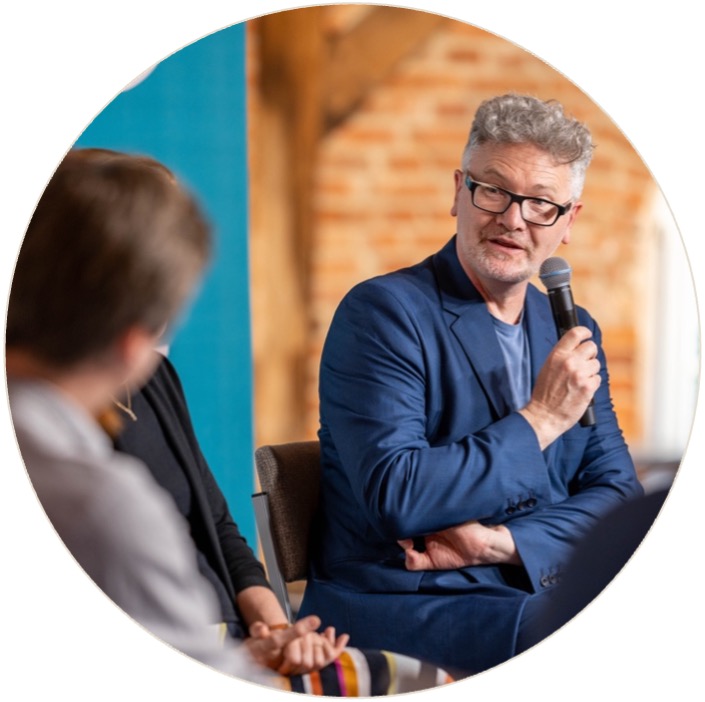
Adam Tooze
Columbia University
With his innovative approaches to the topic of European monetary policy, Adam Tooze is an important intellectual driving force for the forum. Our blogposts on his work can be found here (Social Europe article “Output gap nonsense”, 01.11.2019) and here (Foreign Policy article “The Death of the Central Bank Myth”, 15.05.2020). His working paper “Debating Central Bank Mandates”, recently published by the Forum, can be found here.
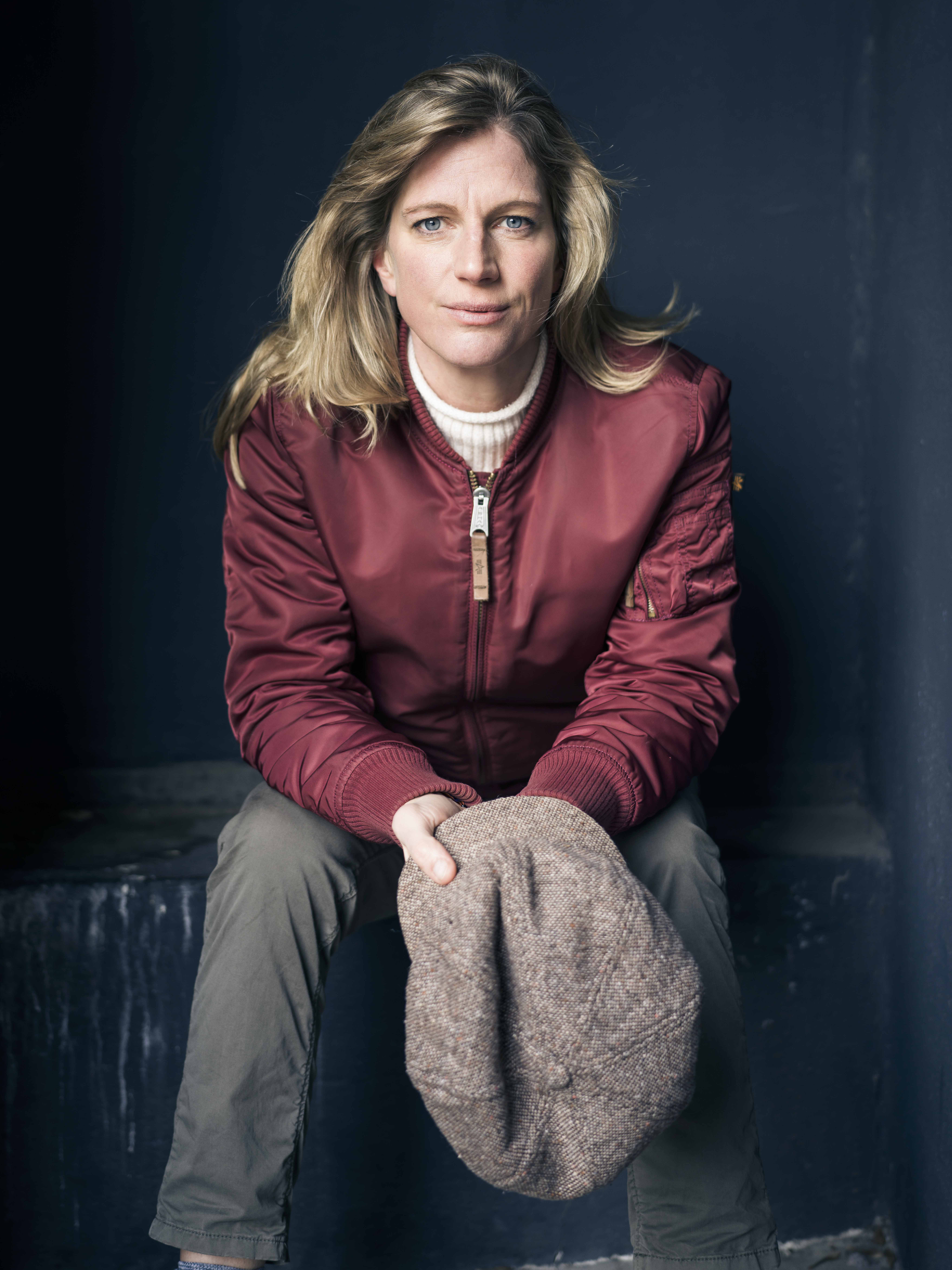
Maja Göpel
Leuphana University & Mission Wertvoll
The sustainability researcher has played a key role in shaping many of our events. At the symposium held in cooperation with The New Institute in August 2021, we discussed with her the question of growth constraints and new ways of measuring prosperity.
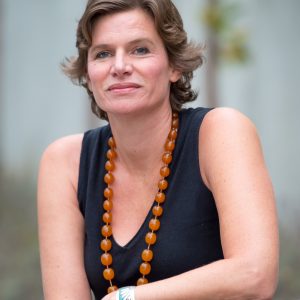
Mariana Mazzucato
Institute for Innovation and Public Purpose, University College London
With Mariana Mazzucato, the Forum was able to invite one of the most important thought leaders on the new role of the state for the third New Paradigm Workshop in 2018. As part of the Forum New Economy Working Paper series, the economist and her team from the Institute for Innovation and Public Purpose (IIPP) at University College London wrote a study in 2020 in which they identify approaches for a mission-oriented economic policy in Germany. Furthermore, Mariana Mazzucato discussed her book “Mission Economy: A Moonshot Guide to Changing Capitalism” with Wolfgang Schmidt at the New Economy Short Cut in autumn 2021.
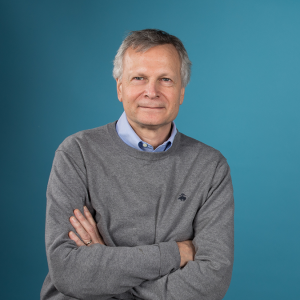
Dani Rodrik
Harvard University
Dani Rodrik´s research deals with the links between globalization and populism as well as with the future of the welfare state. Some of his recent work has been taken up by the Forum (e.g. see here). At the VIII. New Paradigm Workshop on 26 May 2021, the Harvard economist discussed with former Siemens CEO Joe Kaeser ways towards a socially just globalization (see here).
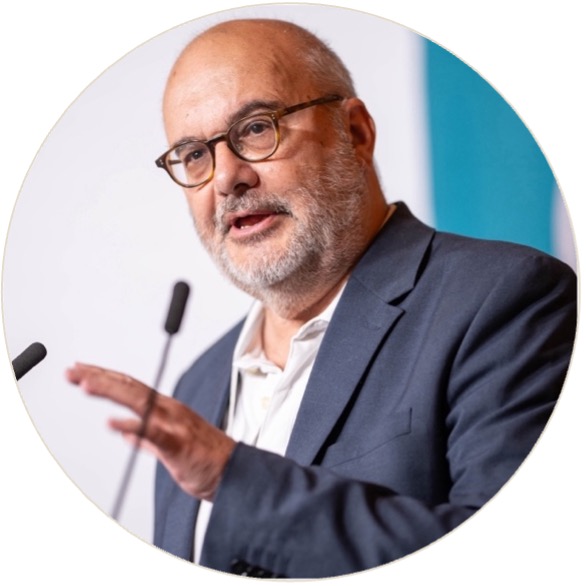
Branko Milanovic
Graduate Center of the City University of New York
At the official start of the Forum, Branko Milanovic presented his book “Capitalism Alone”. In the book, he makes the case for reducing the rising concentration of wealth and income inequality with the aim of enabling social advancement and political participation for all. In addition, the economist took part in other Forum events.
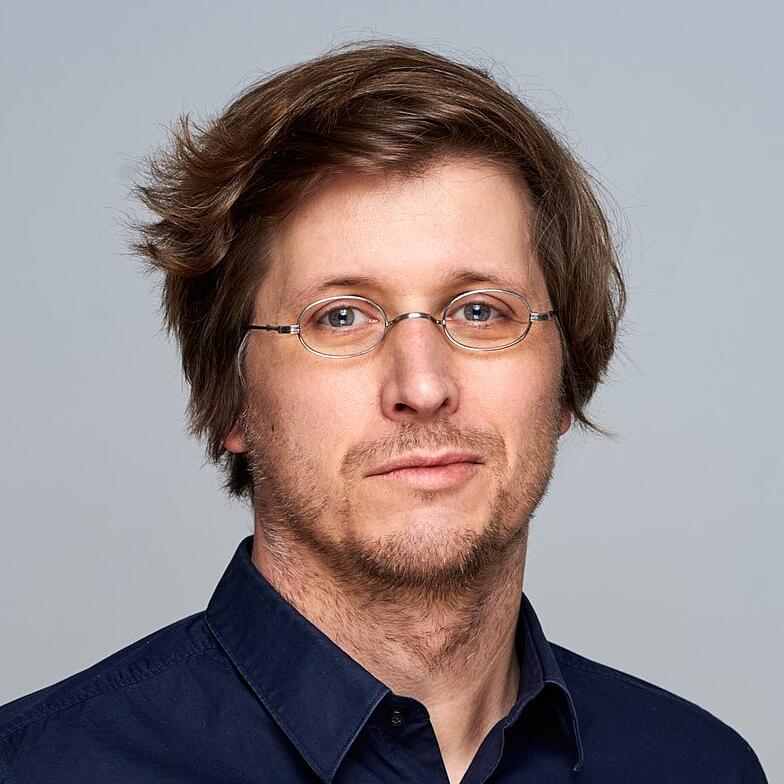
Moritz Schularick
President, Kiel Institut for the World Economy (IfW Kiel)
Moritz Schularick has been a key contributor to the Forum from the very beginning. In ‘ Towards a New Paradigm: Stabilising Financial Markets ’ in 2018, he analysed the gaps in the efficient market hypothesis together with Kaspar Zimmermann and developed approaches for a new financial market paradigm. In his Forum New Economy Working Paper ‘New perspectives on monetary policy’ from 2022, he outlines new approaches for monetary policy. In late January 2024, he presented his study ‘The Safety Net: Central Bank Balance Sheets and Financial Crises, 1587-2020’ in Berlin and discussed the role of central banks in financial crises with Bundesbank President Joachim Nagel (see here).
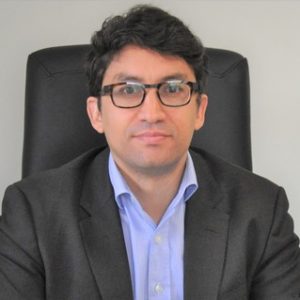
Xavier Ragot
Observatoire Français des Conjonctures Economiques (OFCE), Paris
With his expertise in macroeconomics and monetary policy, Xavier Ragot has been highly influential for the Forum’s work since 2017. He has contributed to our work through his participation in numerous Forum workshops and through a basic paper published by the Forum in 2018, in which he describes possible elements of a new fiscal policy paradigm, particularly regarding the European fiscal policy framework. At the X New Paradigm Workshop, he spoke about a new balance between the state and markets.
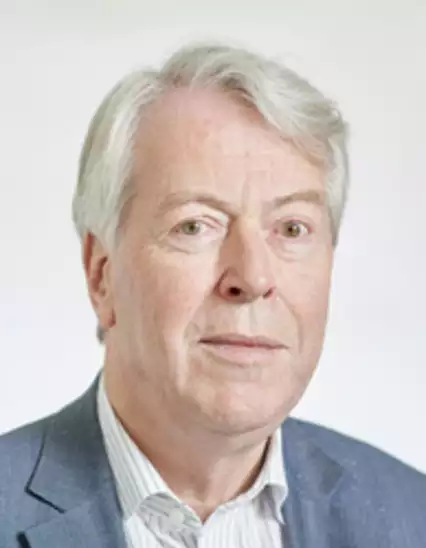
Martin Hellwig
Max Planck Institute for Research on Collective Goods
With Martin Hellwig, the Forum was able to win over one of the most influential German economists in the field of financial stability for the New Paradigm Workshops in 2020 and 2021. Together with Gerhard Schick (Bürgerbewegung Finanzwende), he wrote a Forum New Economy working paper on the failure and need for reform of German financial supervision in 2022, discussed the crisis of democratic capitalism with Martin Wolf (Financial Times) in a New Economy Short Cut (rewatch here) in 2023 and the 2024 edition of The bankers‘ new clothes, his book with Anat Admati (rewatch here).
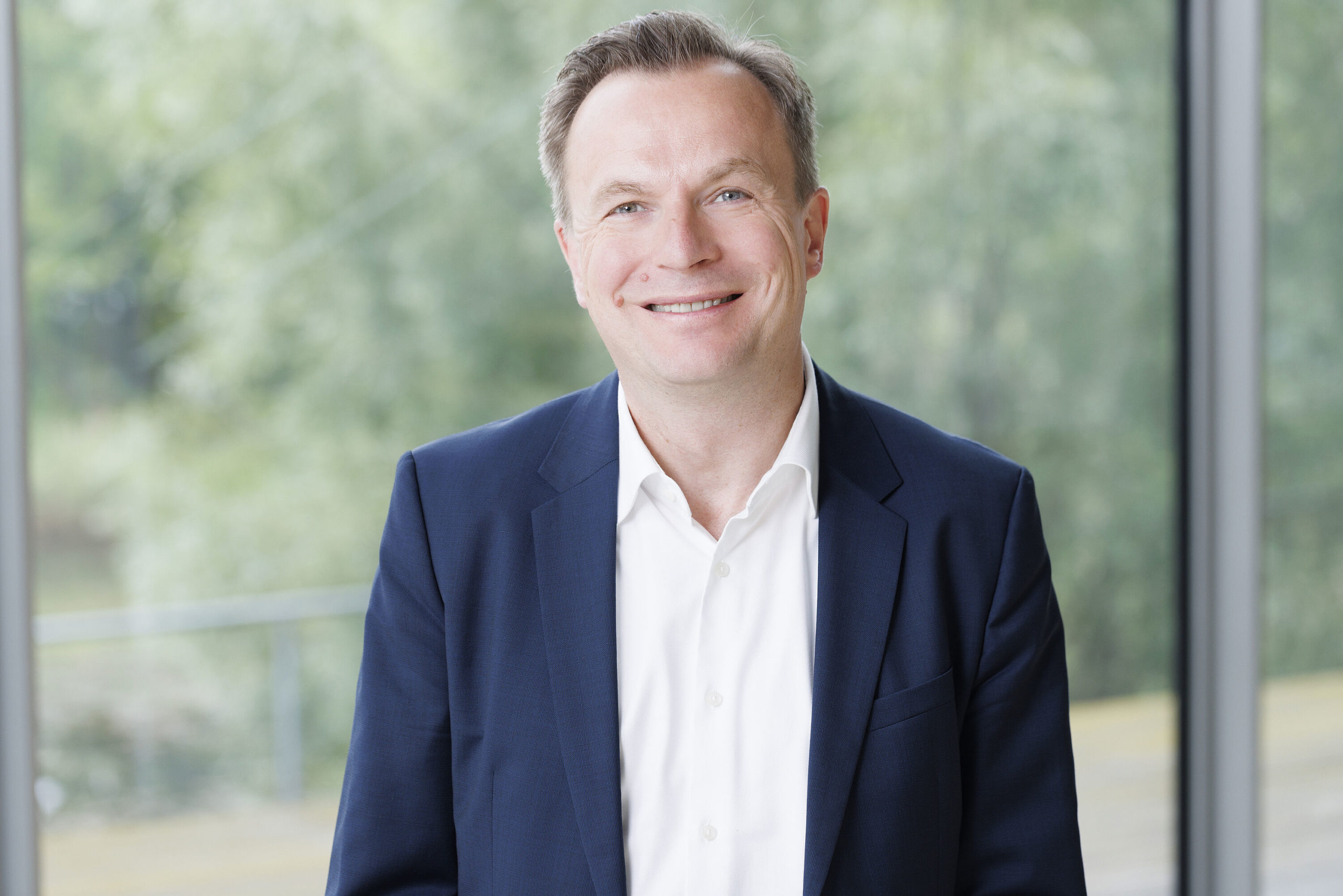
Jens Südekum
Heinrich-Heine-Universität Düsseldorf
Jens Südekum is a Professor of International Economics whose research focuses on regional policy, international trade and labour markets. Through his expertise in regional structural transformation, Jens Südekum has provided valuable food for thought at many of our workshops. He also, together with Michael Huether, published a Forum New Economy Working Paper in 2020 on the redesign of German fiscal policy rules after the COVID19 pandemic. At the X New Paradigm Workshop, he presented his research on regional policy.
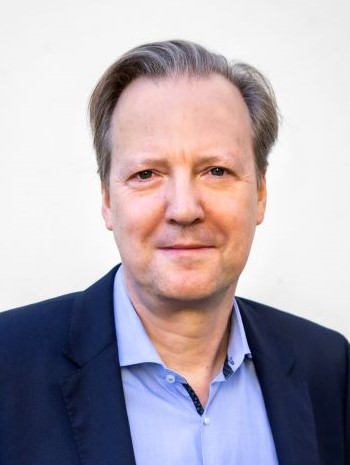
Tom Krebs
Professor of Economics, University of Mannheim
Tom Krebs is a Professor of Economics at the University of Mannheim. Previously, he held faculty positions at Brown University, Columbia University, and the University of Illinois. He received his MSc in Physics from the University of Hamburg and a Ph.D. in Economics from Columbia University.
In his research, Tom Krebs studies the effects of economic crises and policy making on economic growth, inequality and the well-being of people. His research has been published in leading academic journals and is frequently discussed in the media. In 2019-2020, Tom Krebs was the first visiting professor at the German Ministry of Finance. He has been an economic consultant to the International Monetary Fund, the World Bank, and the Federal Reserve Bank of Minneapolis.
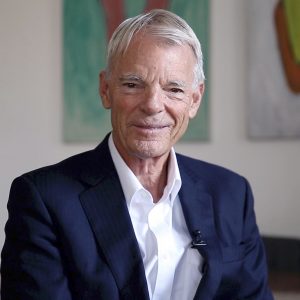
Michael Spence
NYU Stern School; Nobel laureate
Michael Spence has been one of the pioneers of economic research on imperfect markets and asymmetric information since the early 1970s. For his work on signaling in labour markets, he received, together with George Akerlof and Joseph Stiglitz, the Alfred Nobel Memorial Prize in Economic Sciences from the Swedish National Bank in 2001. On 15/11/2019, we met with him for an interview in Milan to talk about the potential for new economic paradigms. (The interview was conducted by FNE Director Thomas Fricke and can be re-watched here: part 1, part 2.)
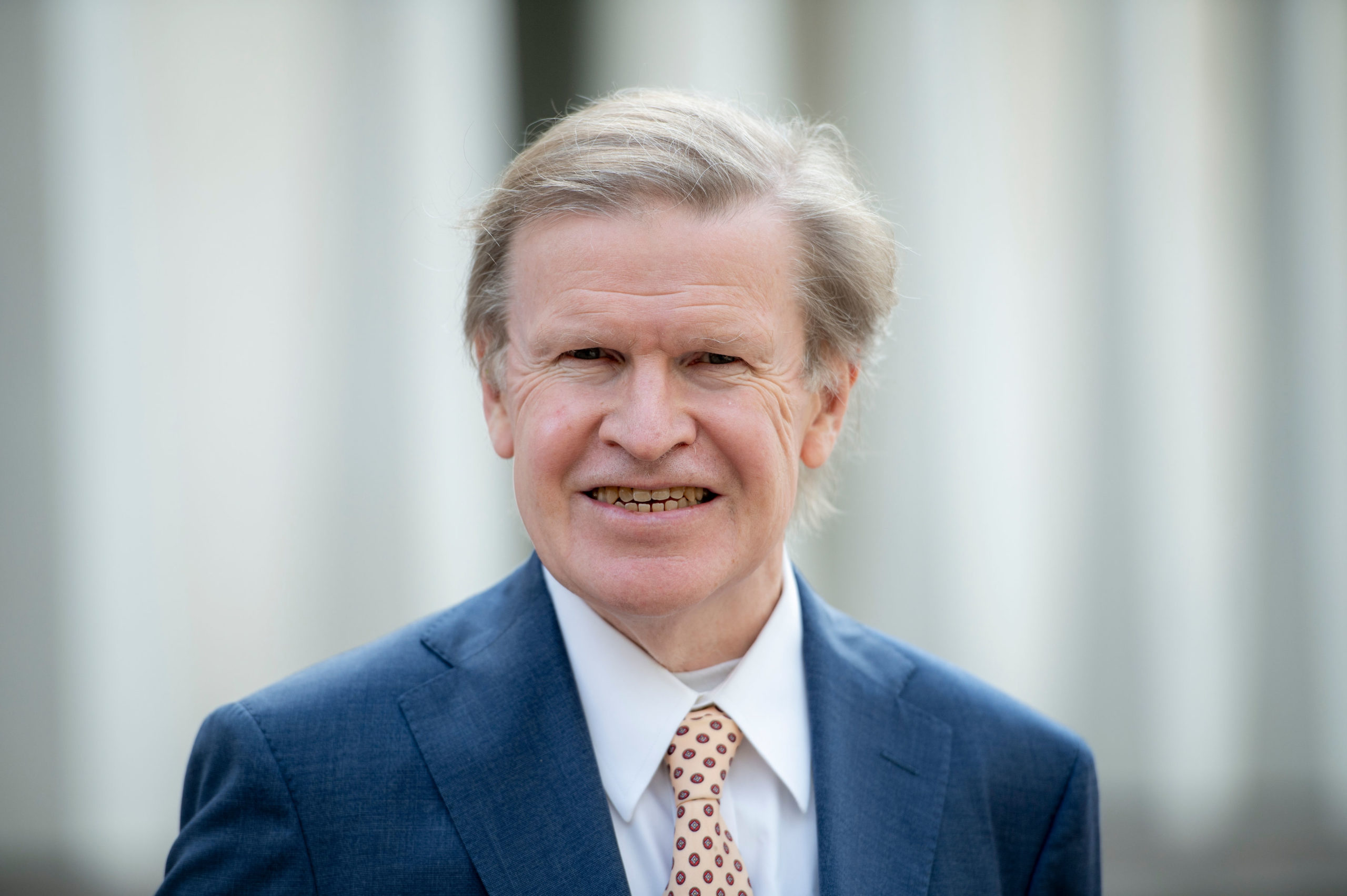
Harold James
Princeton University
Economic historian Harold James enriched the discussions at several Forum New Economy workshops, most recently at the Berlin Summit on 27 May 2024 (see here).
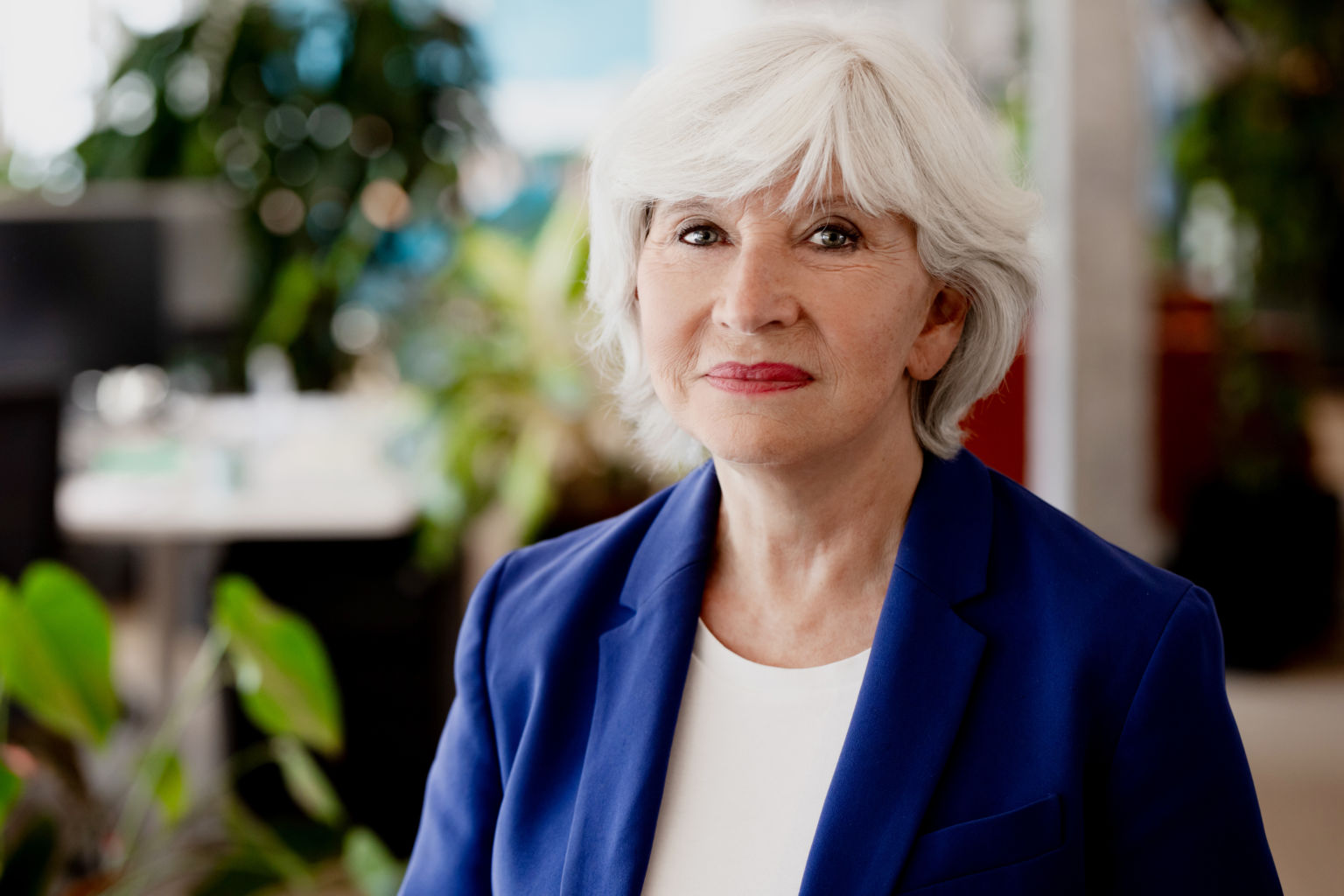
Laurence Tubiana
European Climate Foundation
Laurence Tubiana is a leading expert in the area of climate policy and sustainable development. Before joining the ECF, she spearheaded the international efforts which led to the Paris Agreement. With her decades of experience both in policy and academia, she has greatly enriched many of our workshops.
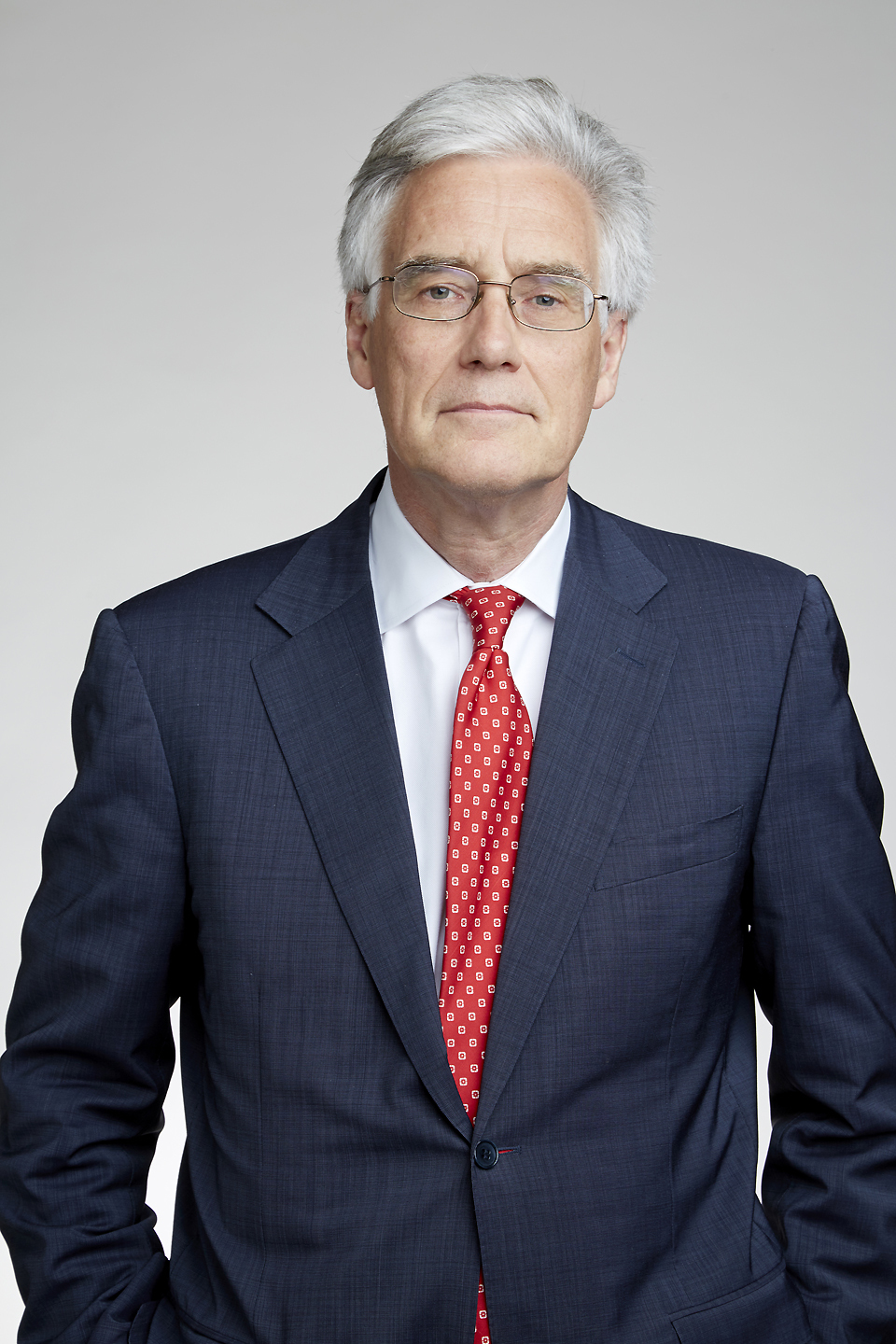
Adair Turner
Institute for New Economic Thinking (INET)
Adair Turner shared his research on the link between credit cycles and financial crises at the first New Paradigm Workshop in Edinburgh in 2017. His book, titled “Between Debt and the Devil: Money, Credit, and Fixing Global Finance”, was featured in a blog post (here).
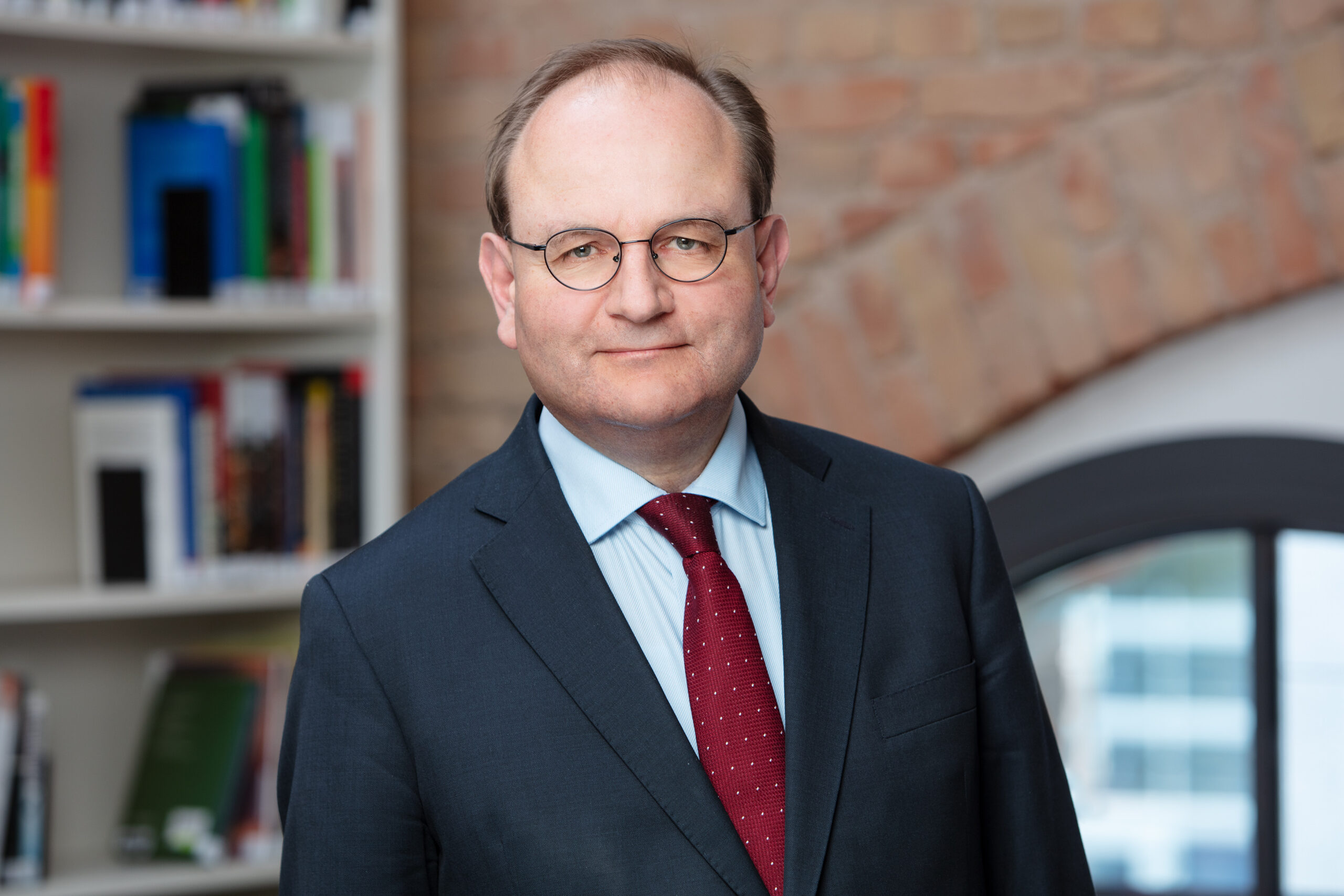
Ottmar Edenhofer
Potsdam Institute for Climate Impact Research (PIK), Mercator Research Institute on Global Commons and Climate Change (MCC)
For our Basic Paper series in 2018, Ottmar Edenhofer, together with colleagues from the Mercator Research Institute on Global Commons and Climate Change (MCC), discussed how existing implementation difficulties in climate protection could be addressed.
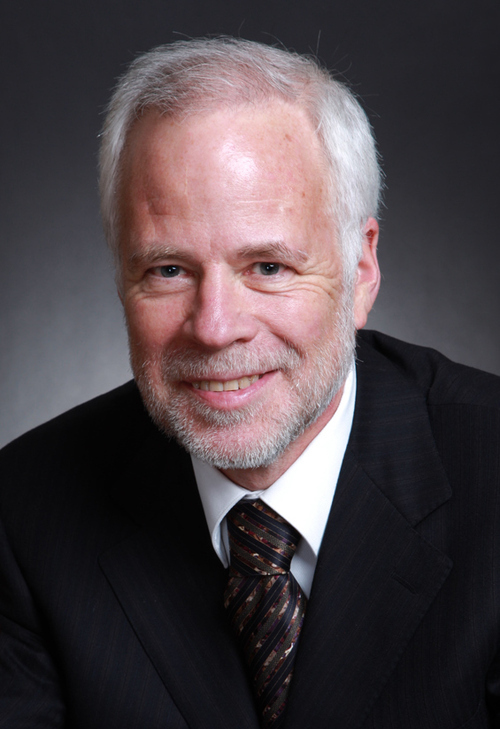
Barry Eichengreen
University of California, Berkeley
For the IX New Paradigm Workshop in October 2021, we were able to win Barry Eichengreen for an assessment of the planned US economic stimulus package und discuss whether “Bidenomics” could in fact herald a turnaround in fiscal policy in the US.
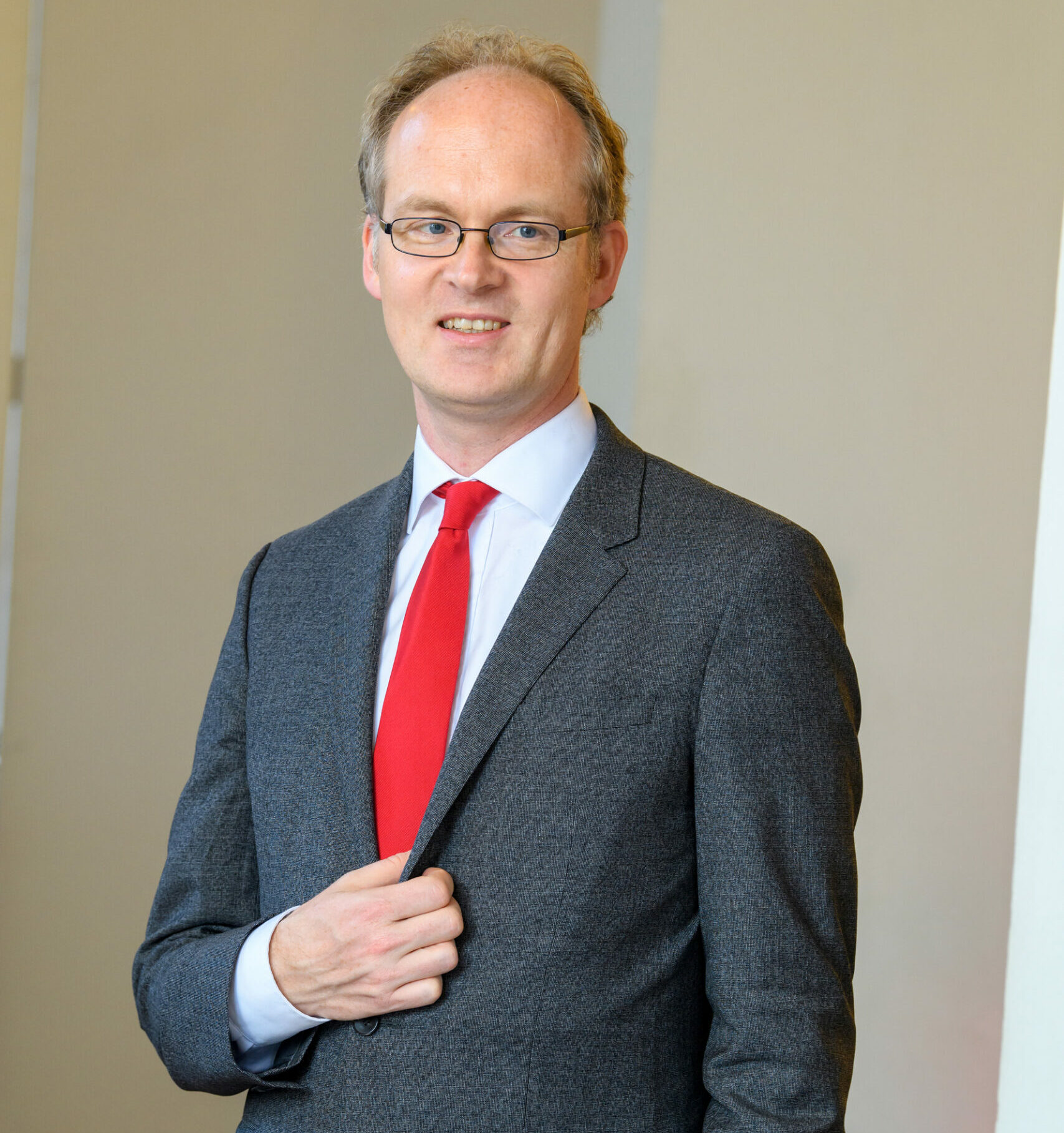
Sebastian Dullien
Scientific Director, Macroeconomic Policy Institute (IMK)
Sebastian Dullien has accompanied the work of the Forum from the beginning and shared his research findings on trade policy in numerous Forum New Economy workshops. For the Basic Paper series, he outlined new policy recommendations for international trade. In addition, we were able to hold with him our first ever New Economy Short Cut in June 2020, where he gave an input on the German government’s economic stimulus package. At the X New Paradigm Workshop, he talked about recipes for fighting inflation with Isabella Weber, Peter Bofinger and Guntram Wolff.
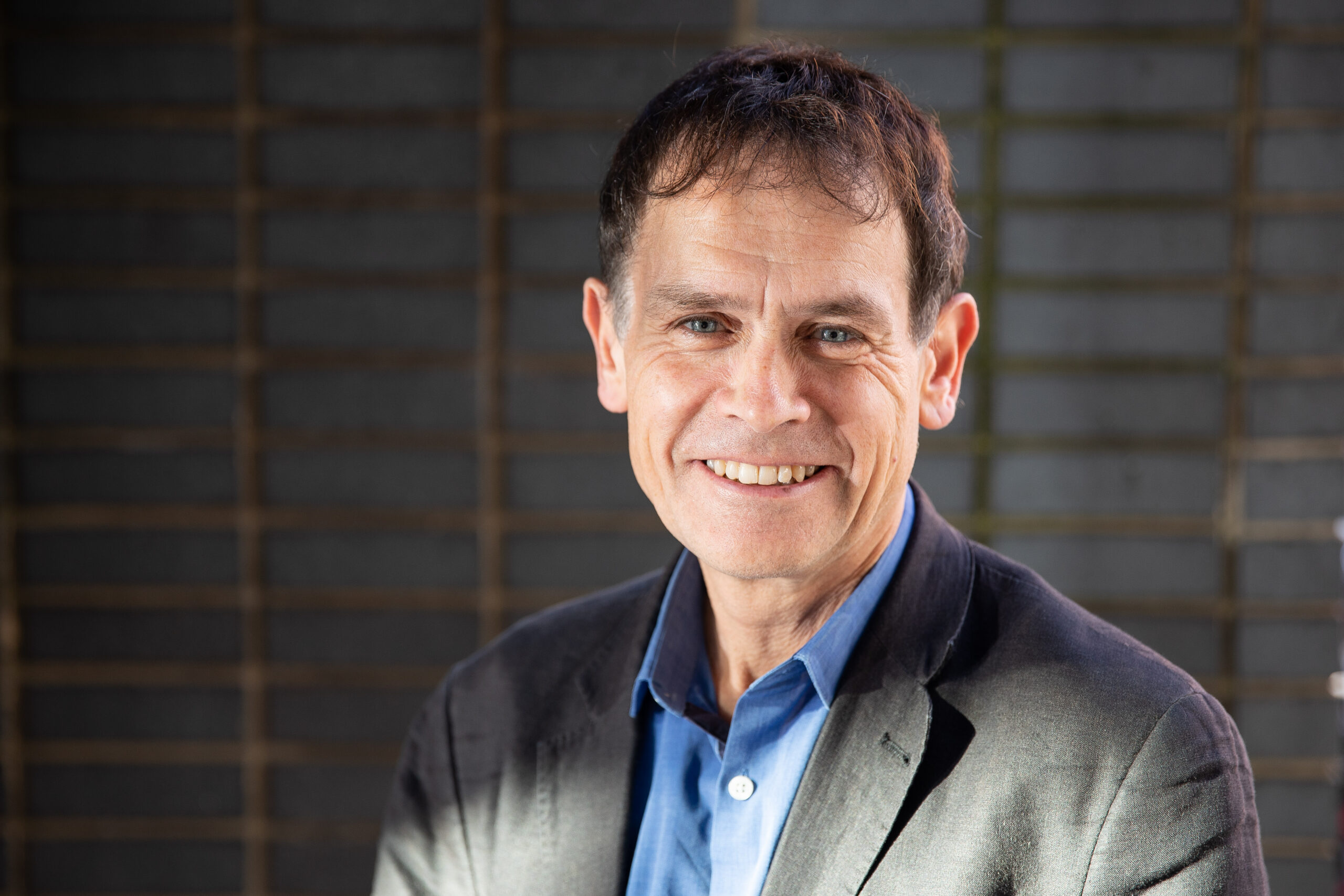
Michael Jacobs
University of Sheffield
Michael Jacobs, on behalf of the Forum and in cooperation with Laurie Laybourn-Langton and Laurie Macfarlane, developed a definition of economic paradigms. In their study, the authors looked at the historical shifts that have initiated paradigm shifts (see here), and gave examples for new economic thinking being reflected in international institutions (see here).
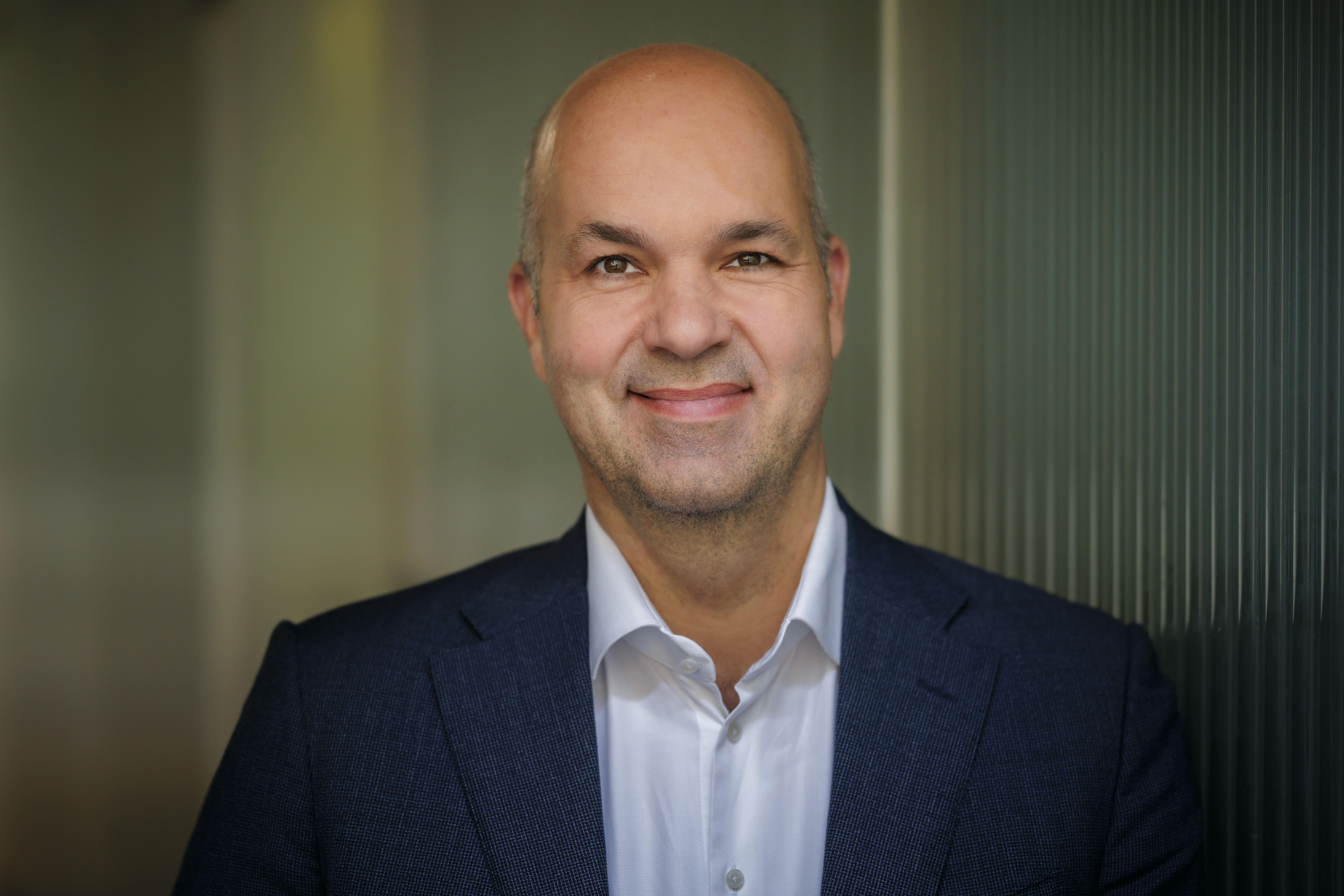
Marcel Fratzscher
German Institute for Economic Research (DIW)
At several of our previous workshops we had the great opportunity to learn about recent research from DIW through exchanging ideas with its president. In addition, Marcel Fratzscher presented new insights about inequality for our Basic Paper Series in 2018.
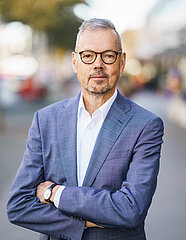
Peter Bofinger
University of Würzburg
The economics professor and former member of the German Council of Economic Experts, who recently publicly scrutinized some of the crucial assumptions of neoclassical economic theory, accepted our invitation to a discussion with Gregory Mankiw in January 2021. Furthermore, he took part in several of our workshops. At the X New Paradigm Workshop, he talked about recipes for fighting inflation with Isabella Weber, Guntram Wolff and Sebastian Dullien.
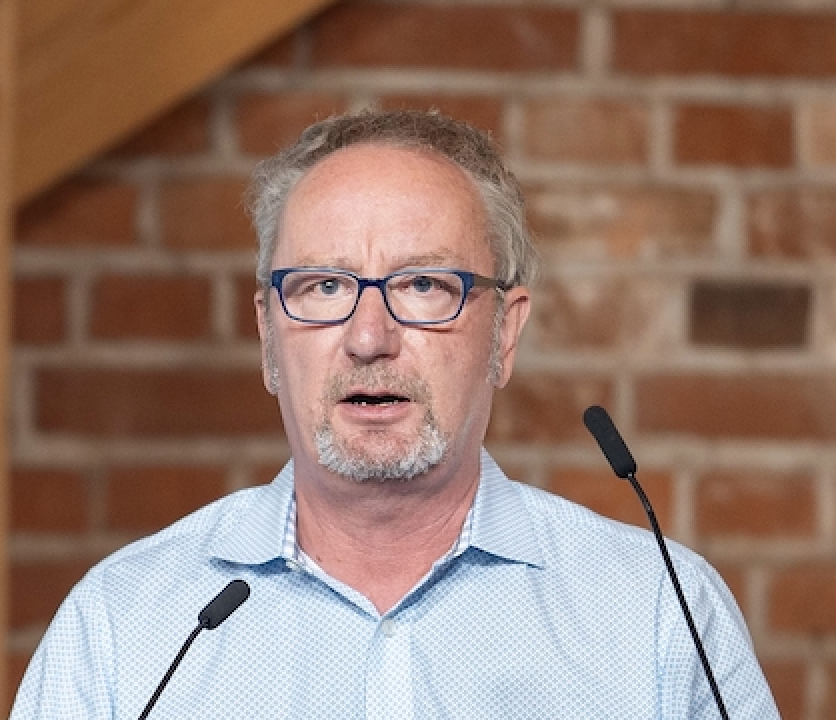
Mark Blyth
Watson Institute for International and Public Affairs, Brown University
As part of our New Economy Short Cut Series, we discussed “Angrynomics”, a book by Mark Blyth and Eric Lonergan (here), in August of 2020. Both authors also took part in the first episode of the New Economy interview series, where they presented their new paper on the Eurozone fiscal policy framework entitled “The Prudence Principle” (here) in December 2021.
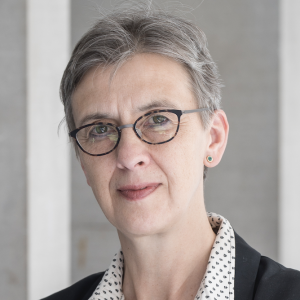
Katharina Pistor
Columbia University
As an internationally acclaimed legal scholar, Katharina Pistor provides a distinctive perspective on economics, which has widely influenced our work. See, for instance, our blogposts on her 2019 book “The Code of Capitalism: How the Law Creates Wealth and Inequality” (here) and her 2020 Project Syndicate article “Germany’s Constitutional Court Goes Rogue” featured (here).
Furthermore, we discussed the US election outcome with her as part of our New Economy Short Cut Series in November 2020.
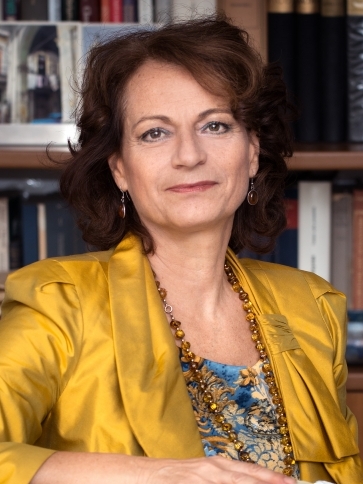
Antonella Stirati
Università Roma Tre
The internationally highly esteemed economics professor has participated in several of our New Paradigm Workshops in recent years.
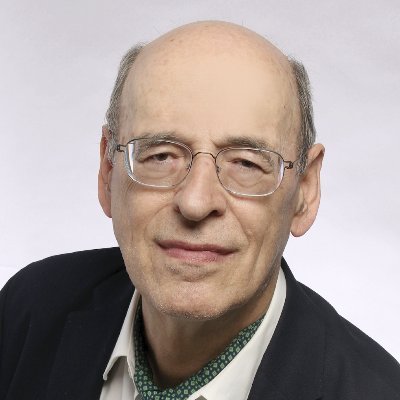
Carlo Jaeger
Global Climate Forum, Berlin
Carlo Jaeger has supported the work of the Forum through his inputs on climate policy issues in past workshops. Furthermore, we were able to win him for a video statement about his current research on the Green Deal and the European Innovation Strategy (see here).
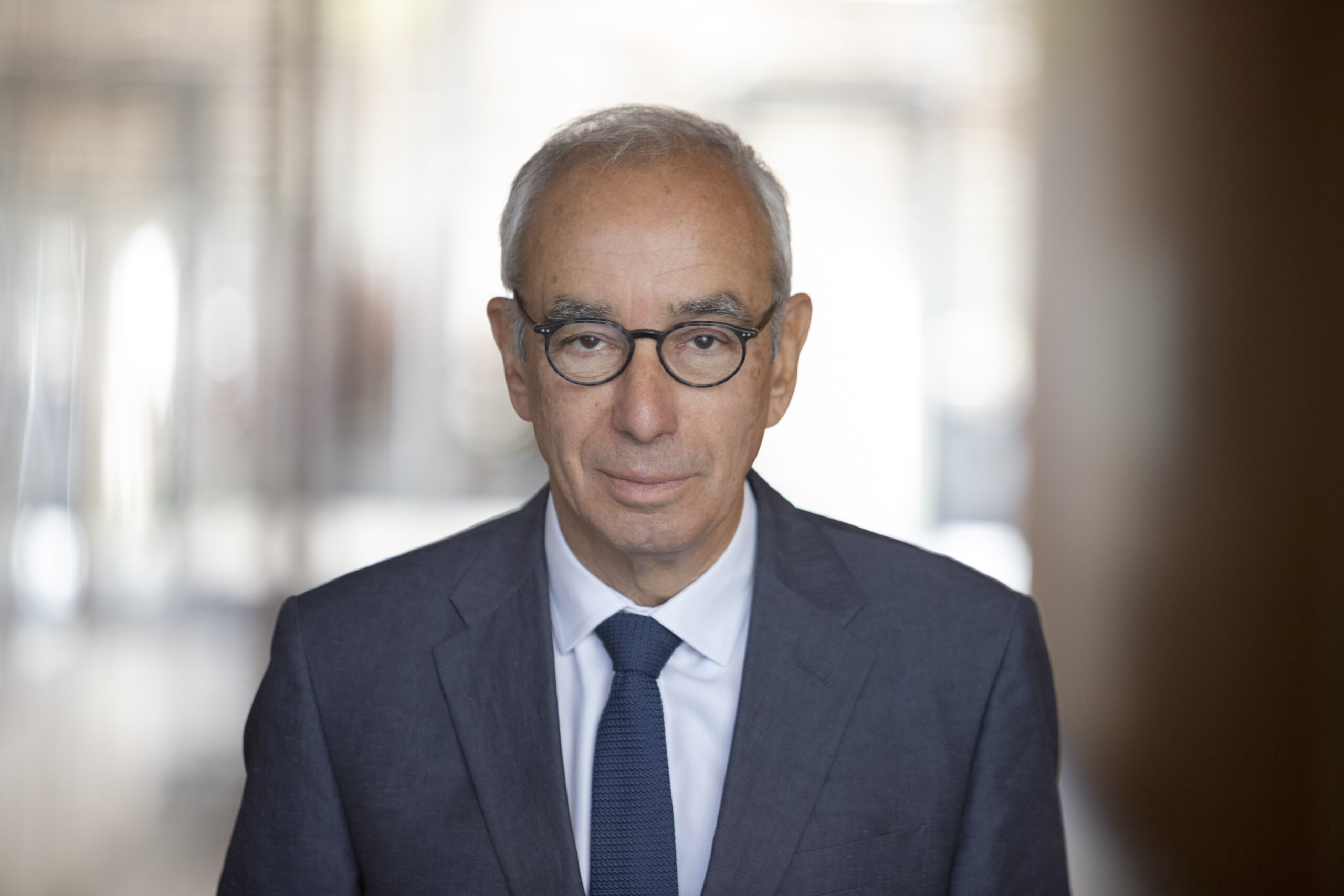
Jean Pisani-Ferry
Hertie School; Sciences Po, Paris
With his expertise in macroeconomics, Jean Pisani-Ferry provided important inputs for our workshops in 2019 and 2020.
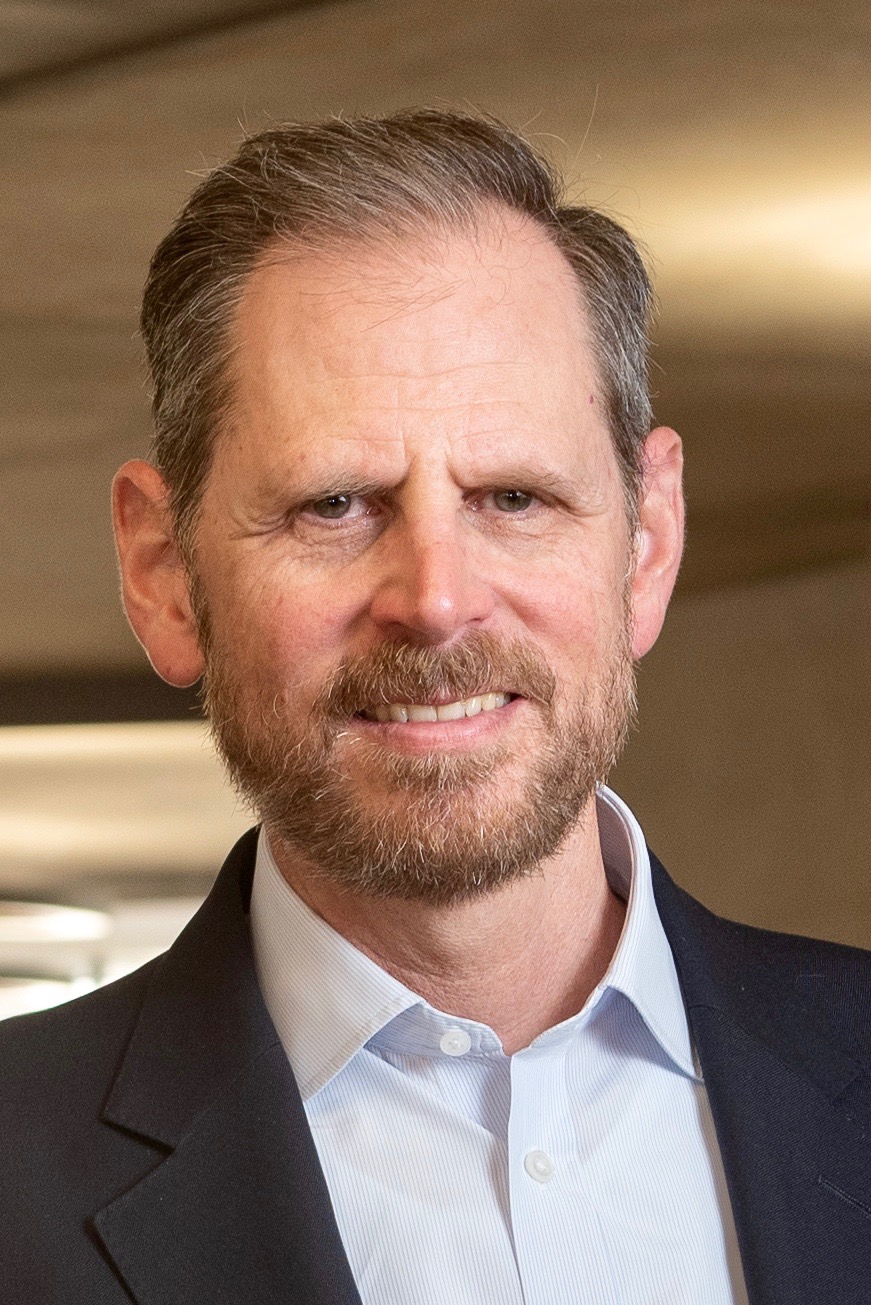
Eric Beinhocker
Institute for New Economic Thinking at the Oxford Martin School; Blavatnik School of Government; Sante Fe Institute
At our second New Paradigm Workshop in Berlin, Eric Beinhocker shared the latest findings from his cutting-edge research in climate economics.
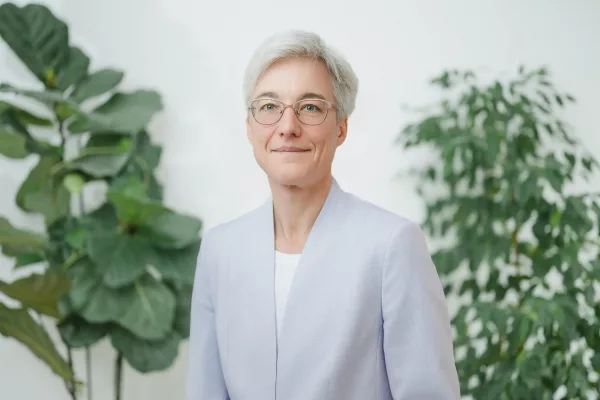
Brigitte Knopf
Zukunft KlimaSozial
The founder and director of the think tank Zukunft KlimaSozial was Secretary General of the Mercator Research Institute on Global Commons and Climate Change (MCC) from 2015 to the end of 2023 and has been a member and deputy chair of the German government’s Expert Council on Climate Change since 2020.
For the Forum, the climate scientist wrote the paper ‘Shifting Paradigms in Carbon Pricing’, explained the distributional effects of carbon pricing in a video statement and discussed modern climate policy at the X New Paradigm Workshop.
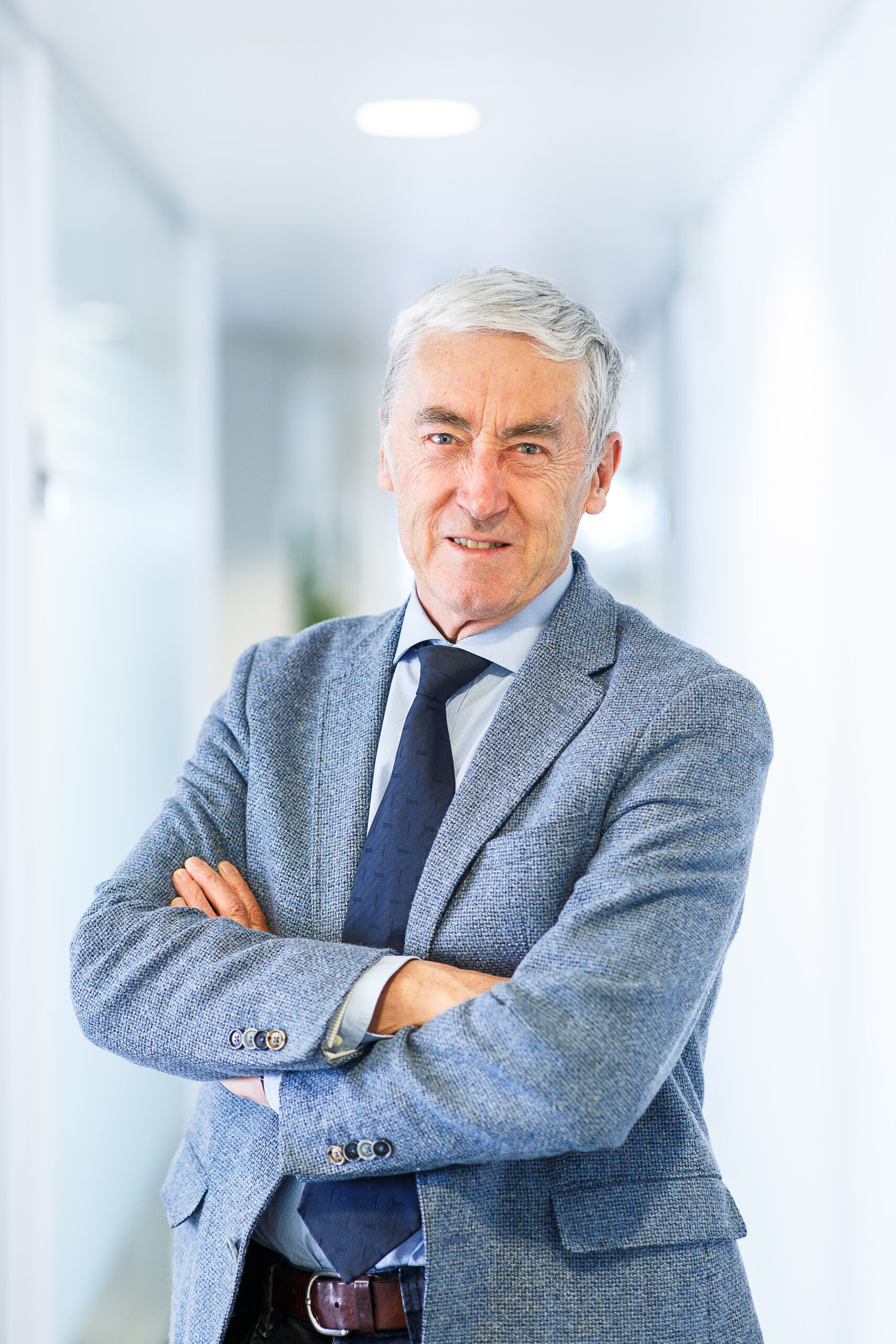
Paul de Grauwe
London School of Economics
At the X New Paradigm Workshop, he discussed a new balance between the state and markets.
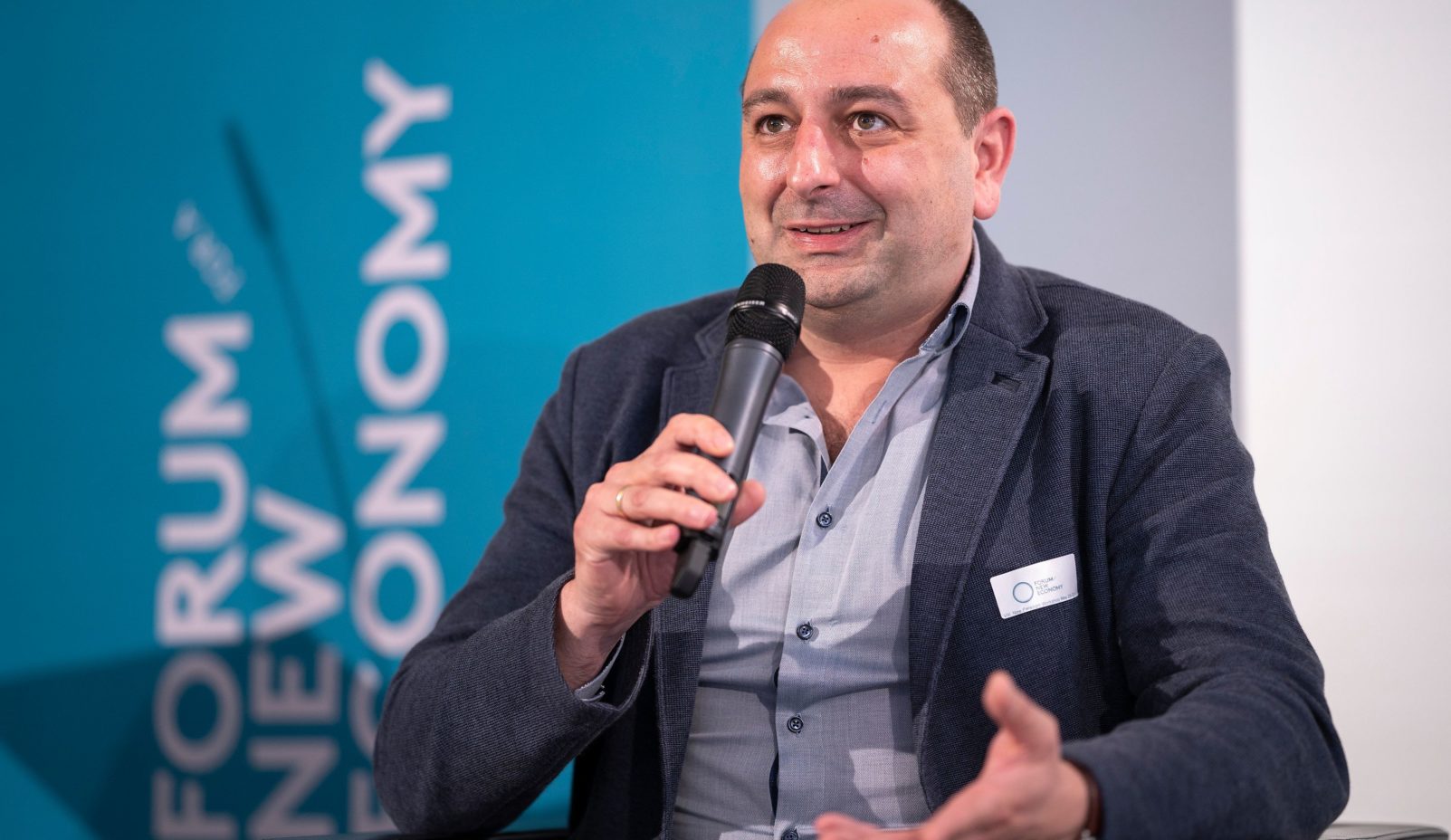
Robert Gold
Kiel Institute for the World Economy
Robert Gold works in the research area “Innovation and International Competition” at the Kiel Institute for the World Economy. For the Forum, he has researched the drivers and measures against populism in numerous events and studies.
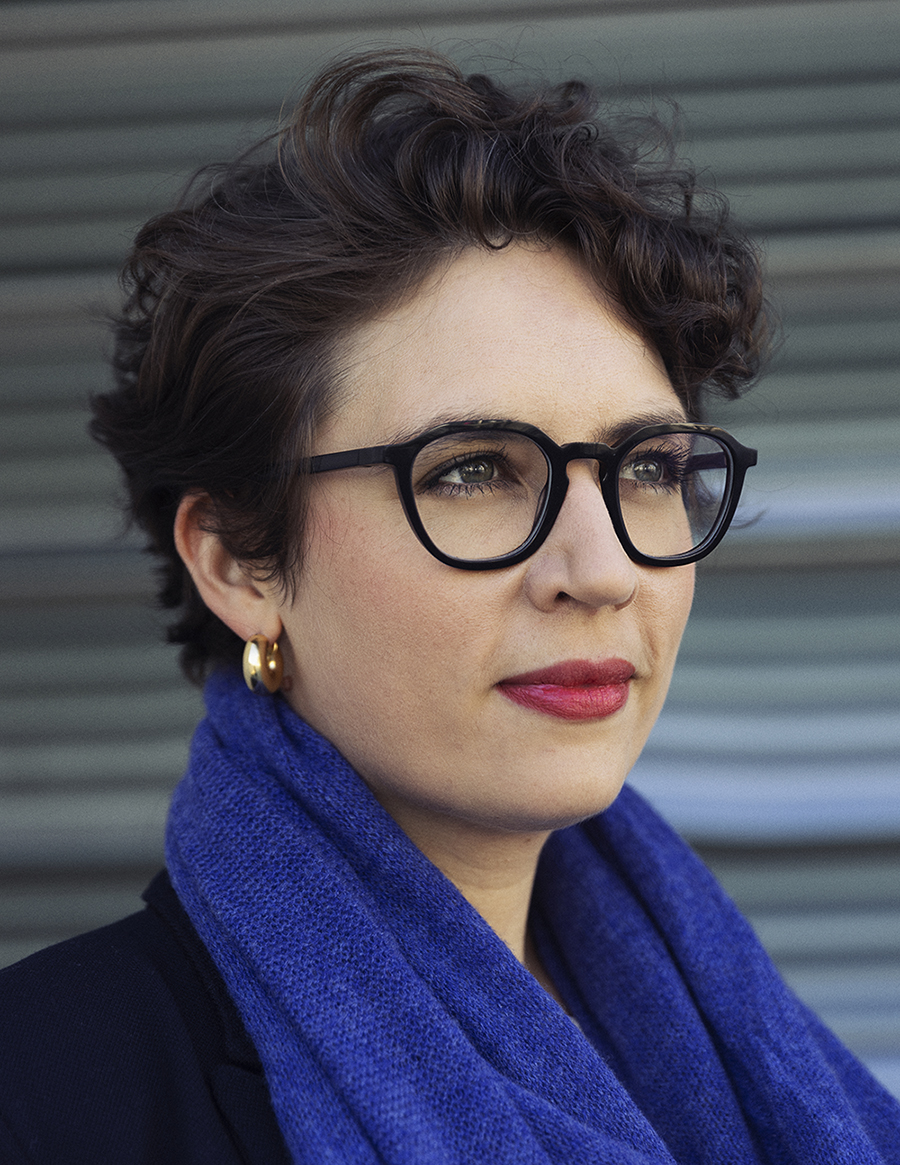
Isabella Weber
University of Massachusetts Amherst
Isabella Weber is an economist and professor at the University of Massachusetts Amherst. She focuses on China, global trade, and the history of economics. Her book ‘How China Escaped Shock Therapy’ won the 2021 Joan Robinson Prize. Isabella is a regular guest at Forum seminars and workshops. In May 2022, together with Sebastian Dullien, she presented her idea for price controls on the gas market at our New Paradigm Workshop, which was later taken up by the German government.
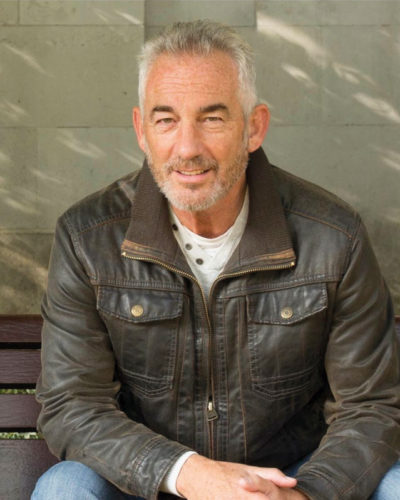
Tim Jackson
Centre for the Understanding of Sustainable Prosperity (CUSP); University of Sussex
Tim Jackson is director of the Centre for the Understanding of Sustainable Prosperity (cusp.ac.uk) and professor of sustainable development at the University of Surrey (UK), where he has been researching the moral, economic, and social dimensions of prosperity on a finite planet for more than three decades. His book, Prosperity Without Growth, was the Financial Times Book of the Year. At our symposium celebrating the 50th anniversary of the ‘Limits to Growth’ report, Tim Jackson presented the latest findings on what an economy without growth might look like.
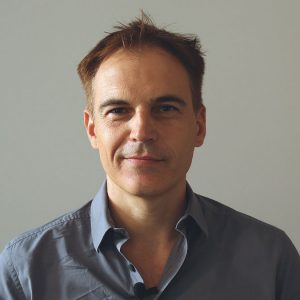
Gerhard Schick
Co-founder of „Bürgerbewegung Finanzwende“, former Member of Parliament
The economist and former financial policy spokesman for the Bündnis 90/Die Grünen parliamentary group has helped shape many of our events. At the X New Paradigm Workshop, he talked about the role of civil society actors between market and state. Together with Martin Hellwig he published Forum New Economy Working Paper Nr. 02/2022 on financial supervision.

Jakob von Weizsäcker
Minister of Finance and Science of the Federal State of Saarland
Since the Forum’s inception, Jakob von Weizsäcker has been involved in numerous of our events.
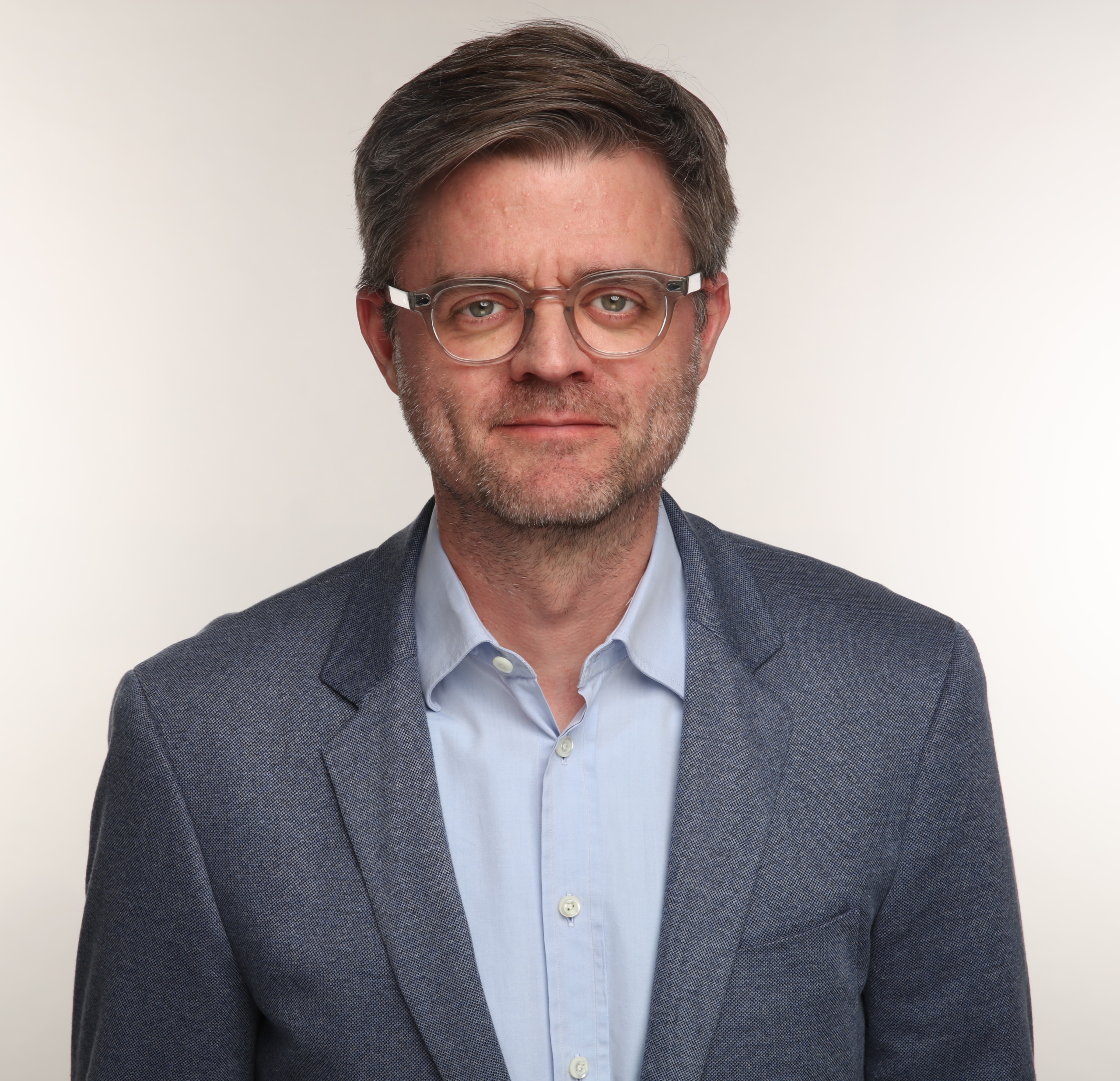
Christian Odendahl
The Economist
As an expert in the field of European Economic and Monetary Union, Christian Odendahl has shaped many of our previous workshops. In the 2018 Forum New Economy Basic Paper, he outlined a new paradigm for the Eurozone together with Simon Tilford.
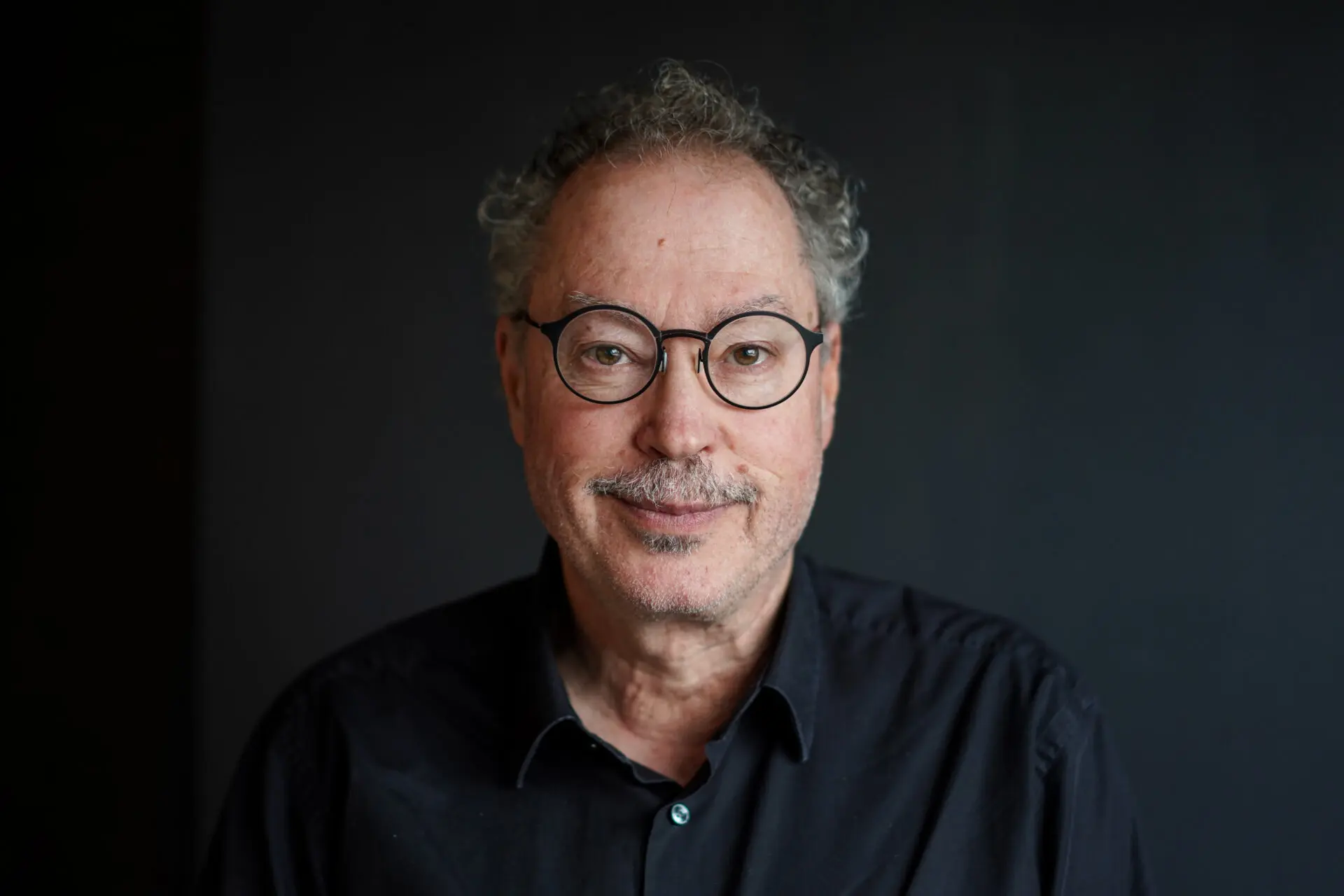
Christian Kastrop
CEO and Partner, Global Solutions Initiative
Christian Kastrop is CEO and Partner of the Global Solutions Initiative, Honorary Professor of Public Finance at the Free University of Berlin and has worked in various national and international institutions, including the OECD initiative ‘New Approaches to Economic Challenges (NAEC). Against the background of his experience as State Secretary for Consumer Policy and Digital Society at the Federal Ministry of Justice, he discussed the role of the state in the digital age with Francesca Bria at the X New Paradigm Workshop.
PARTNER ORGANIZATIONS
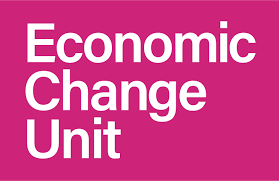
Economic Change Unit
The Economic Change Unit is a non-profit organisation that seeks to amplify efforts to realise a more sustainable, just and resilient economy.
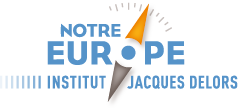
Notre Europe
Founded by former president of the European Commission Jacques Delors in 1996, Notre Europe is a leading think tank on all topics concerning the European Union.

OECD
The Organisation for Economic Co-operation and Development (OECD) is an international organisation that works to build better policies for better lives.

Institute for New Economic Thinking (INET)
The Institute for New Economic Thinking is a platform of economists who challenge conventional wisdom and advance ideas to better serve society.

Global Solutions Initiative
The Global Solutions Initiative proposes policy responses to major global problems, generated through a disciplined research program, elaborated in policy dialogues, and addressed by the G20, the G7 and other global governance fora.
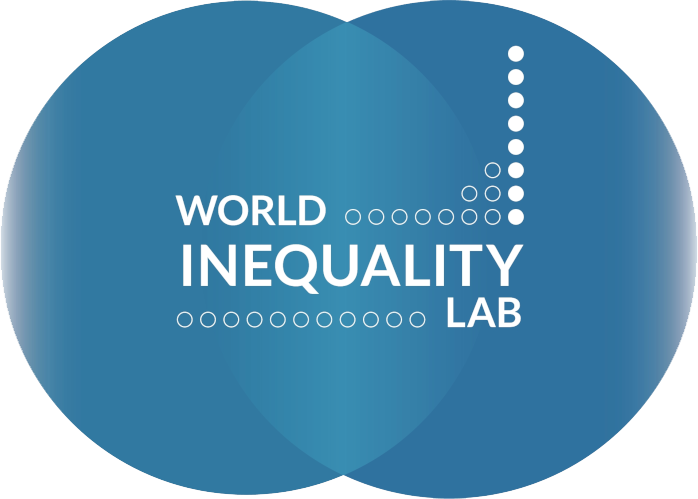
World Inequality Lab
The World Inequality Lab gathers social scientists committed to helping everyone understand the drivers of inequality worldwide through evidence-based research.

DIW
Founded in 1925, DIW Berlin (the German Institute for Economic Research) is one of the leading economic research institutes in Germany. The institute analyzes the economic and social aspects of topical issues, formulating and disseminating policy advice based on its research findings. DIW Berlin is part of both the national and international scientific communities, provides research infrastructure to academics all over the world, and promotes the next generation of scientists. A member of the Leibniz Association, DIW Berlin is independent and primarily publicly funded.

WirtschaftsWunder
Website of Thomas Fricke
FUNDERS
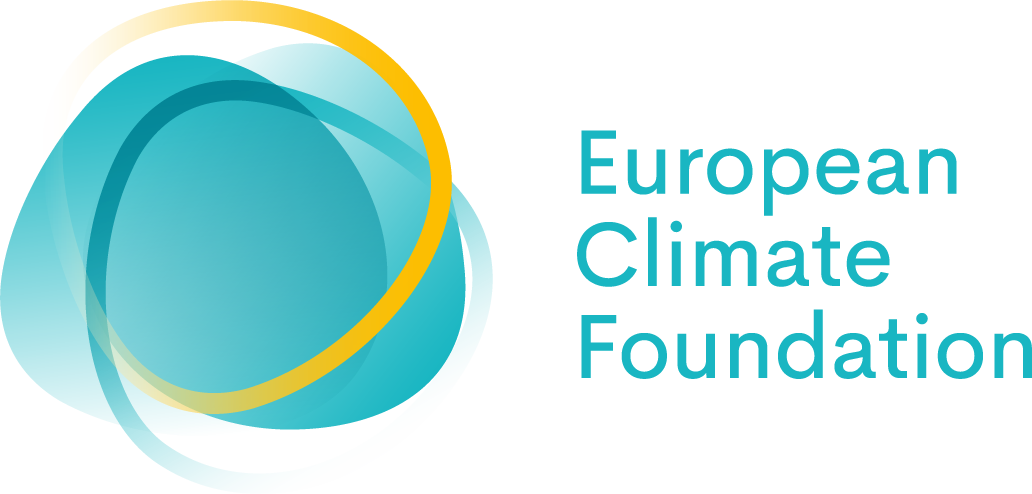
European Climate Foundation
The European Climate Foundation was established in early 2008 as a major philanthropic initiative to help Europe foster the development of a low-carbon society and play an even stronger international leadership role to mitigate climate change.

Canopus Foundation
The Canopus Foundation, a registered private charitable institution under German jurisdiction, was founded in 1997 and aims to make a contribution to alleviating poverty and environmental degradation as well as supporting education and science for a sustainable economy.
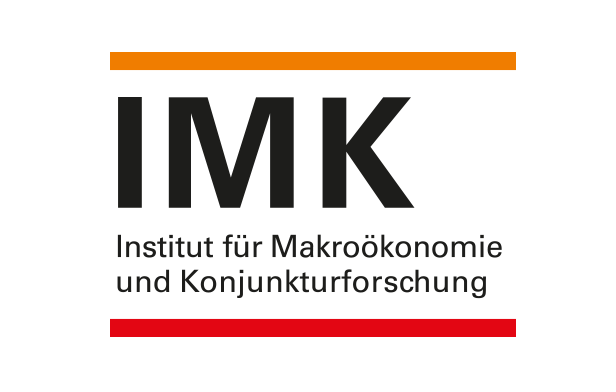
IMK
The IMK was founded in early 2005 to strengthen the macroeconomic perspective both in economic research and in the economic policy debate.

Institute for New Economic Thinking (INET)
We are economists who challenge conventional wisdom and advance ideas to better serve society.

Hewlett Foundation
The William and Flora Hewlett Foundation is a nonpartisan, private charitable foundation that advances ideas and supports institutions to promote a better world.
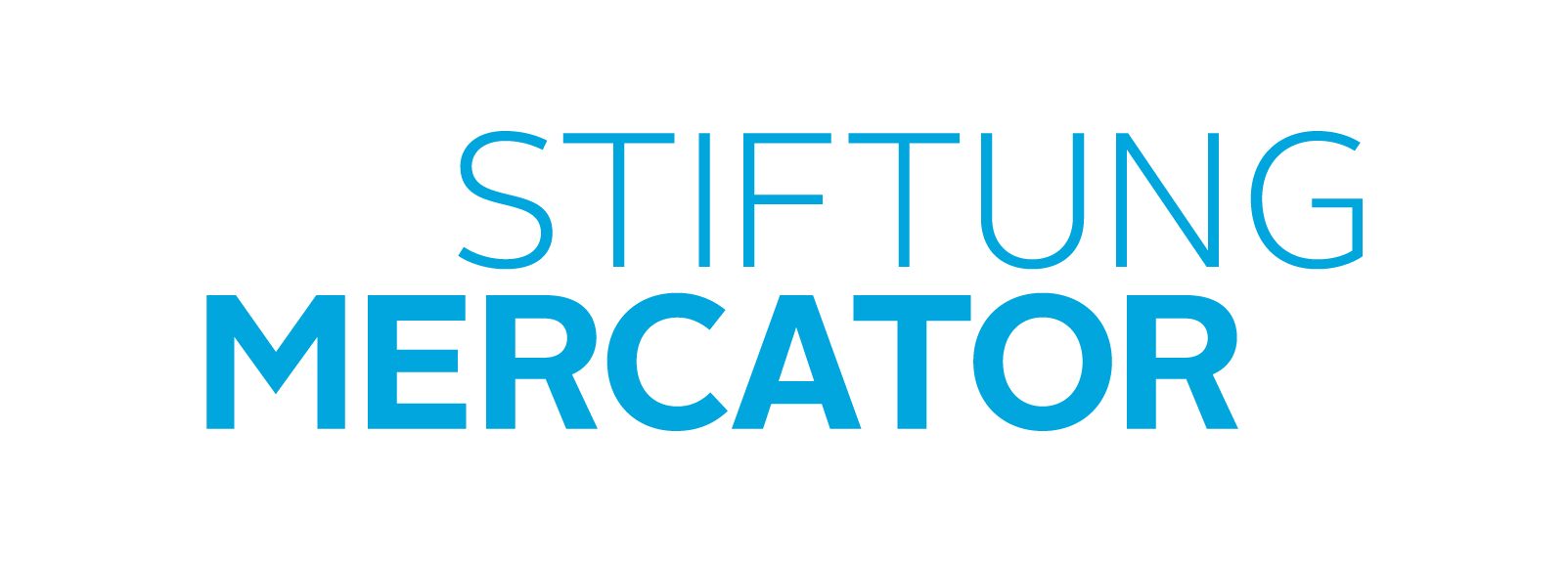
Mercator Foundation
The foundation, established by a trading and entrepreneurial family from Duisburg at the end of the 1990s, aims to empower people and organisations to work together towards cosmopolitanism, solidarity and equal opportunities.
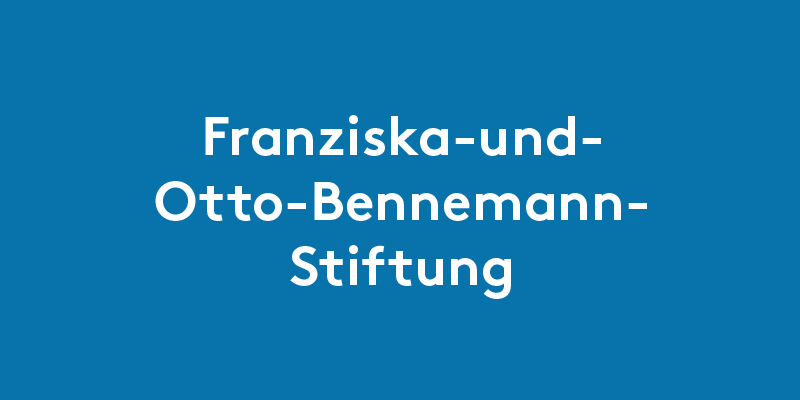
Franziska-und-Otto-Bennemann-Stiftung
OUR MAIN TOPICS

New Paradigm
NEW PARADIGM
After decades of overly naive market belief, we urgently need new answers to the great challenges of our time. More so, we need a whole new paradigm to guide us. We collect everything about the people and the community who are dealing with the question of a new paradigm and who analyze the historical and present impact of paradigms and narratives – whether in new contributions, performances, books and events.

Redefining
the role of
the state
REDEFINING
THE ROLE OF
THE STATE
For decades, there was a consensus that reducing the role of the state and cutting public debt would generate wealth. This contributed to a chronic underinvestment in education and public infrastructure. New research focuses on establishing when and how governments need to intervene to better contribute to long-term prosperity and to stabilize rather than aggravate economic fluctuations.

Remaking
finance
REMAKING
FINANCE
More than a decade after the financial crisis there still seems to be something seriously wrong with the financial system. Financial markets still tend to periodically misprice risk and contribute to boom and bust cycles. A better financial system needs to discourage short-termism and speculative activity, curtail systemic risk and distribute wealth more broadly.

Greening
prosperity
GREENING
PROSPERITY
During the high point of market orthodoxy, economists argued that the most 'efficient' way to combat climate change was to simply let markets determine the price of carbon emissions. Today, there is a growing consensus that prices need to be regulated and that a carbon price on its own might not be enough.

Reducing
inequality
REDUCING
INEQUALITY
The rising gap between rich and poor has become a threat to social cohesion in most rich countries. To reverse this trend it will be crucial to better understand the importance of different drivers of income and wealth inequality.

Innovation Lab
INNOVATION LAB
Do we need a whole new understanding of economic growth? What would be a real alternative? How viable are alternatives to GDP when it comes to measuring prosperity? These and other more fundamental challenges are what this section is about.

Globalization
for all
GLOBALIZATION
FOR ALL
After three decades of poorly managed integration, globalization is threatened by social discontent and the rise of populist forces. A new paradigm will need better ways not only to compensate the groups that have lost, but to distribute the gains more broadly from the start.

Europe
beyond markets
EUROPE
BEYOND MARKETS
The euro was planned during a period in which economic policy making was driven by a deep belief in market liberalism and the near impossibility of systemic financial crises. This belief has been brought into question since the euro crisis, which showed that panics do happen. New thinking needs to focus on developing mechanisms to protect eurozone countries from such panics and to foster economic convergence between members.






